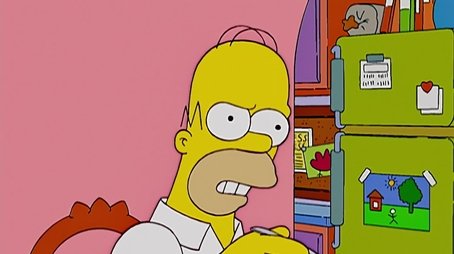
Sorry, we have not watched this yet.

When Bart endangers his health by bingeing on vending-machine food, the Simpsons turn their home into a hostel in order to afford sending him to a forced starvation facility.
Sorry, we have not watched this yet.